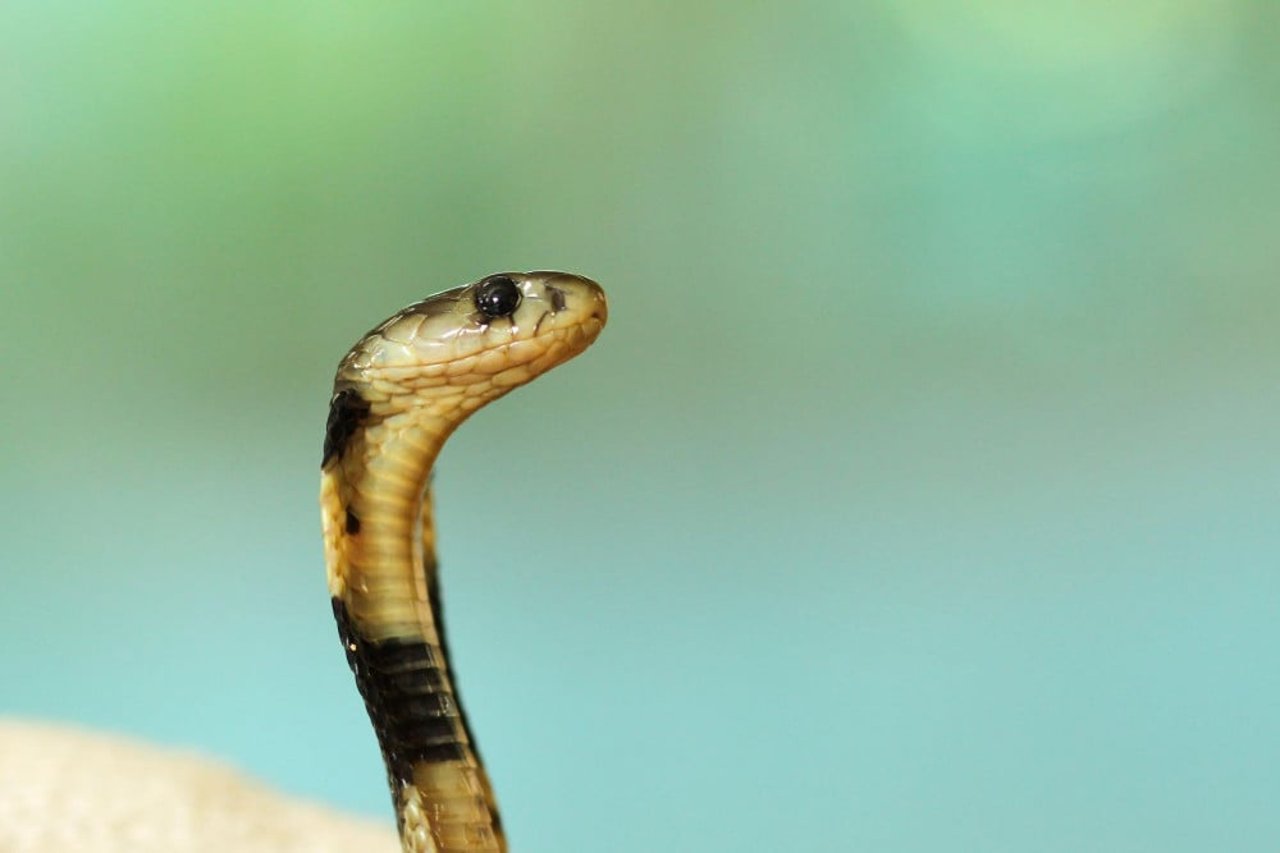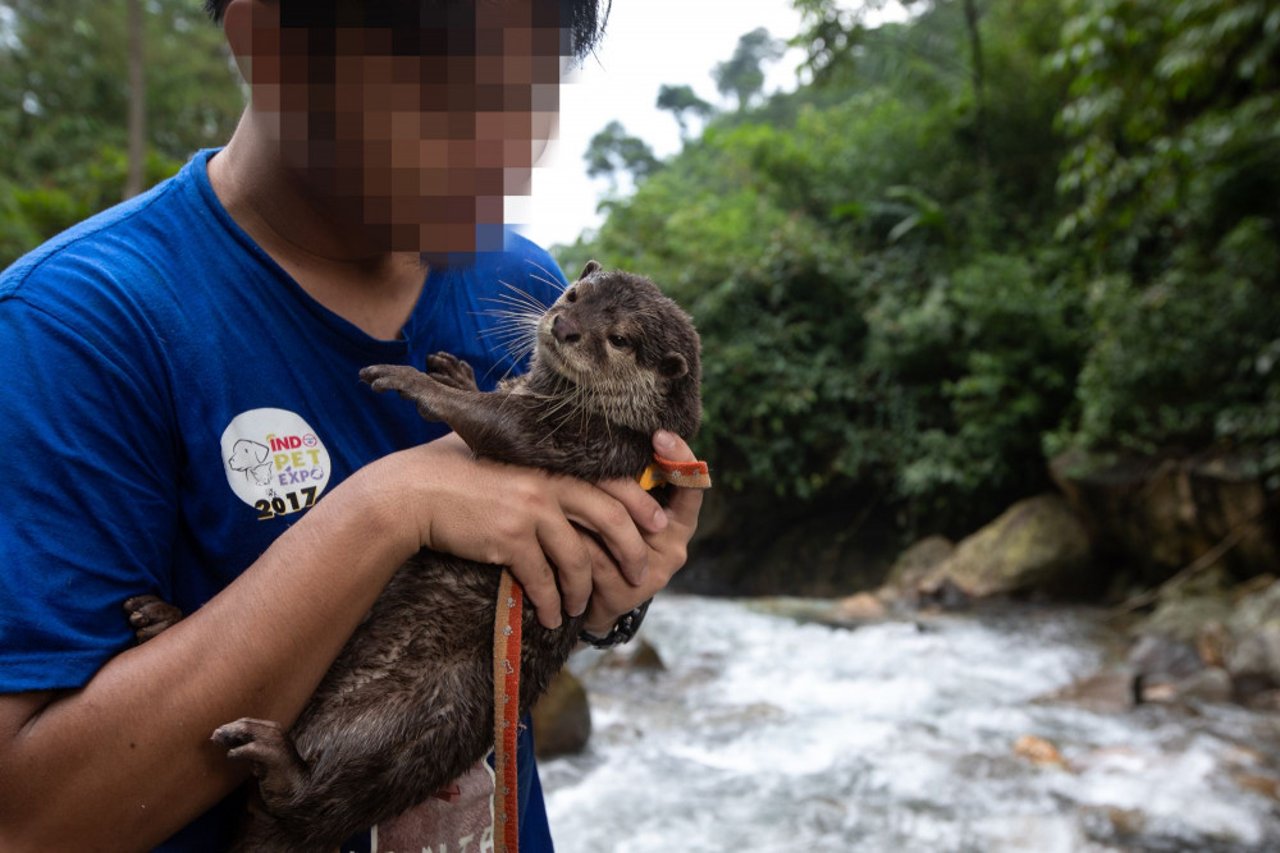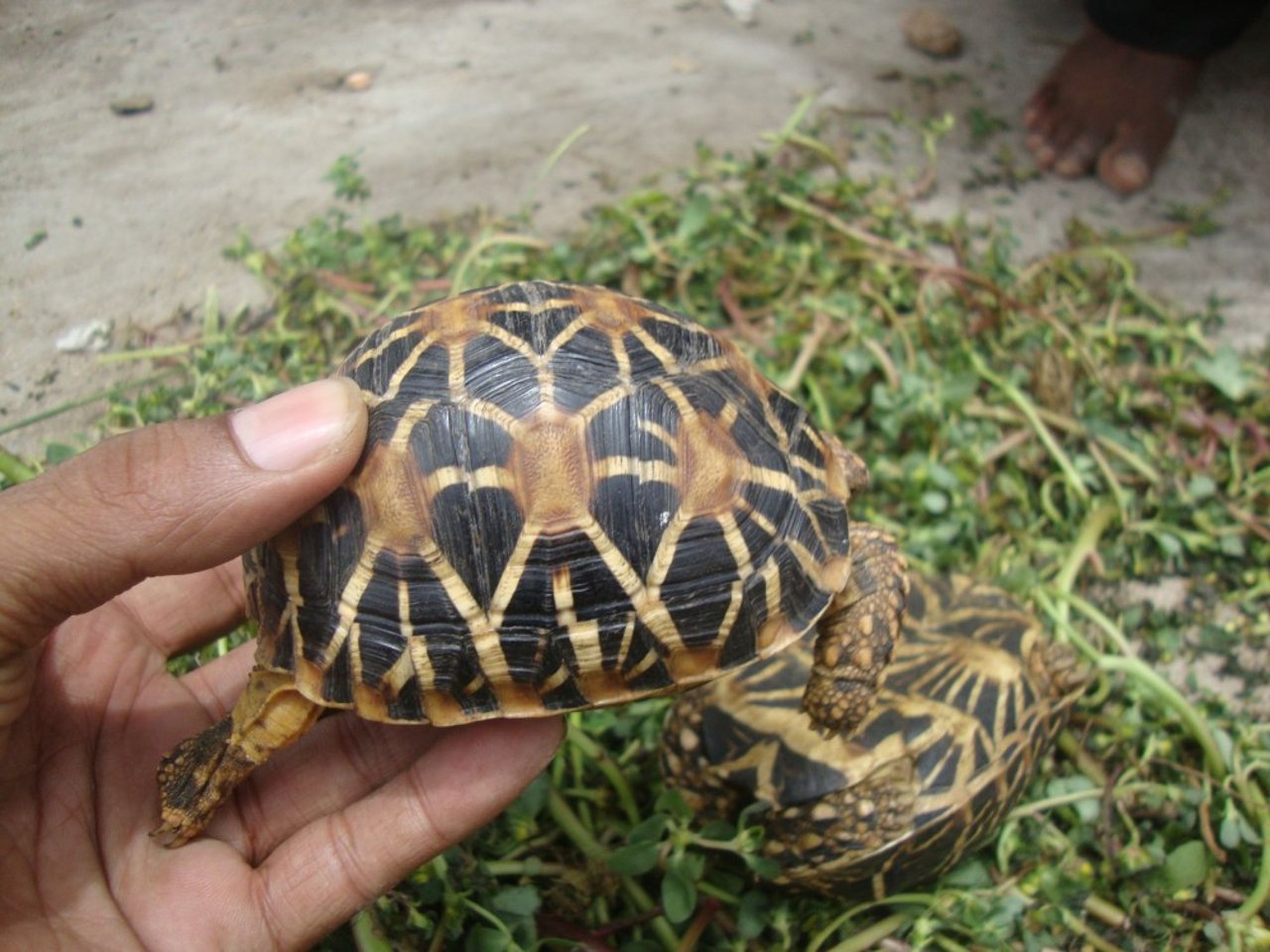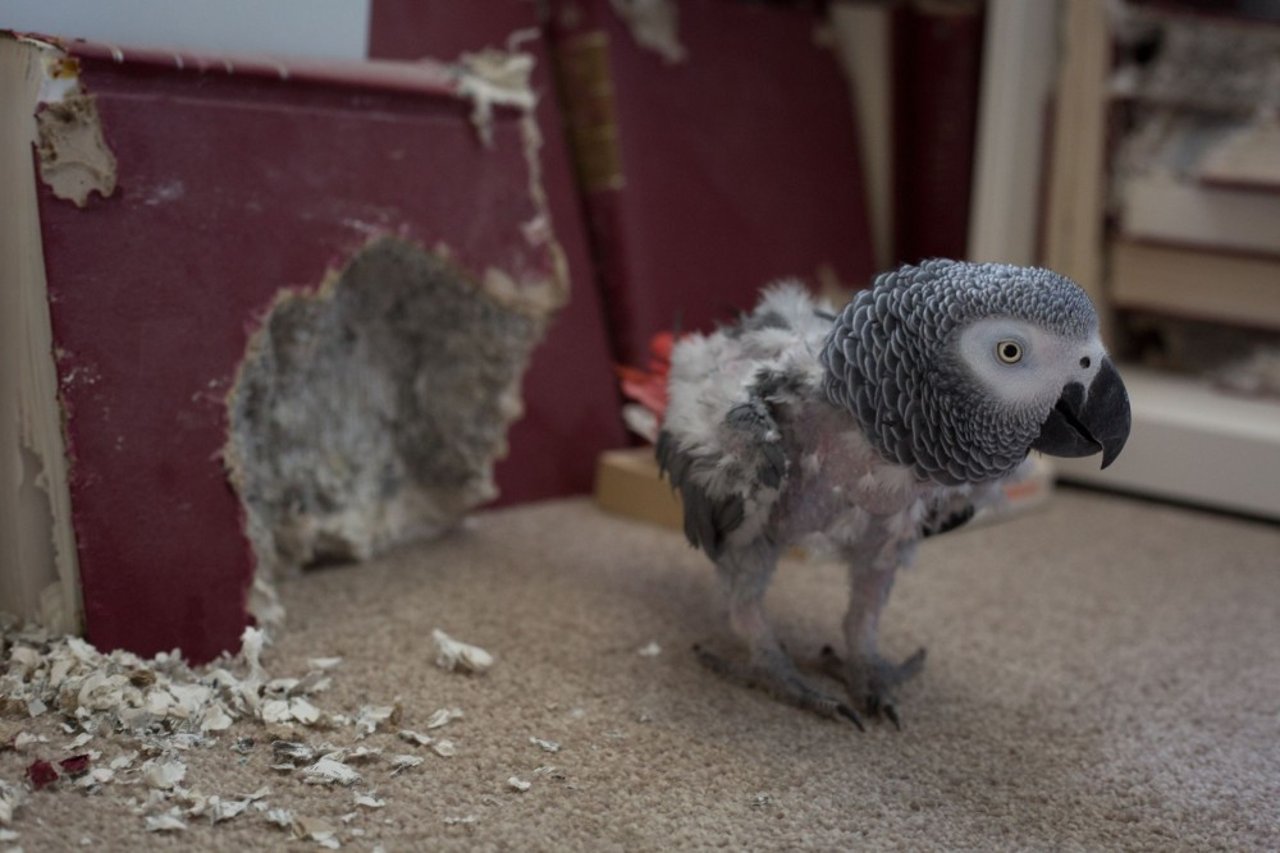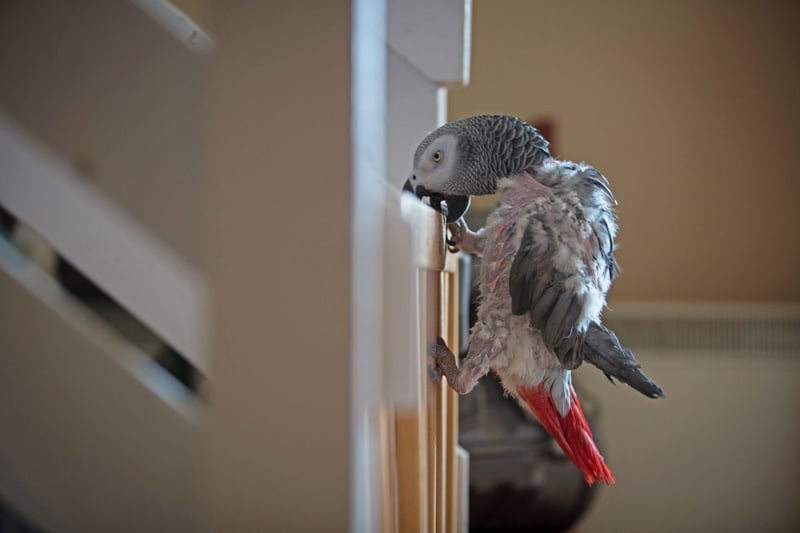
Every day, thousands of wild animals are caught — legally or illegally — or farmed and sold into a global multi-billion dollar industry.
In recent years we’ve seen Mike Tyson’s tigers, Justin Bieber’s monkey (the one that didn’t make it back on the private jet from Germany), Vanilla Ice’s kangaroo, Nicolas Cage’s king cobras and octopus, Paris Hilton’s kinkajou and many others grace the pages of newspapers. There’s no doubt this celebrity trend has driven demand for exotic wild animals as pets.
A cobra in the wild
Bubbles, Michael Jackson’s famous pet chimpanzee, is now 35 years old and weighs as much as a full-grown man. Today, he lives out of the limelight in a Florida ape sanctuary. Jackson decided to offload Bubbles when he became too big to handle and too dangerous to keep.
These celebrities were not the first to discover the challenges of owning an exotic animal and sadly they won’t be the last. Today, the exotic pet business is worth billions of dollars. Every year millions of animal lovers around the world buy wild animals to keep as pets, which many of them later regret. Some seek new homes or sanctuaries; others have released their pets, endangering communities, native species and the well-being of their animals.
A pet otter in Indonesia, where "swimming with otters" has become a trend among otter owners
Florida is now home to a wide variety of non-native wild animals descended from former pets. The populations of these species flourish in the state’s tropical climate. From iguanas to pythons in the Everglades; and from Nile crocodiles to lionfish these species are thriving without natural predators. The delicate balance of an ecosystem can be destroyed by a single careless exotic pet owner.
While there are laws related to buying, owning and releasing exotic pets in Florida, they can be difficult to enforce and provide loopholes for those determined to own a wild animal. A 2010 law forbids importing, selling, and releasing non-native species, but it only takes a moment to release a pet.
Laws prohibit the owning of some dangerous animals, but those categorized as Class II — including wolves, bobcats and cougars — can be owned in Florida with a permit, sometimes with deadly results. In April, Marvin Hojas of Gainesville was killed by his own exotic pet cassowary. If you have never heard of a cassowary, they are known as the most dangerous birds in the world. Hojas also had approximately 100 other exotic animals on his property that were hastily sold at auction within days of his death.
So, what’s wrong with keeping exotic animals at home? Well, dogs, cats and other domestic animals have been specially bred over generations and have adapted biologically and behaviorally to live with people. Exotic animals — including birds and reptiles — have not. Every day, thousands of wild animals are caught — legally or illegally — or farmed and sold into a global multibillion-dollar industry.
Indian star tortoises being taken from the wild and bagged for export in India
Aside from celebrities setting a bad example, there are two other big factors responsible for the trade’s rapid growth. The first is that, despite protections and regulations in place for endangered species, it is still relatively easy to transport animals in commercial air cargo.
The second factor is the proliferation of the internet — in many countries it’s now possible to click and collect wild animals. World Animal Protection research has identified Facebook as a key online channel facilitating the sale of exotic pets, despite its commitment to ban the trade of endangered species on its site.
The massive expansion of the exotic pet trade means millions of wild animals suffer pain and premature death every year. It’s also responsible for the catastrophic decline in some species and in biodiversity.
The methods used to snatch these animals from their natural habitats are cruel and barbaric. Packed into small containers or crates, often unable to breathe properly or move, many animals suffocate, starve or succumb to diseases from capture. Post-capture and pre-export mortality rates for grey parrots for example, are estimated to be as high as 70% to 90%.
A pet African grey parrot. African grey parrots often pull out their own feathers in frustration when kept in captivity
There are also serious, catastrophic and even fatal human health impacts of owning wild animals. Zoonotic diseases —diseases that can transmit between animals and humans — can have lasting and permanent health impacts. Ebola, SARS and avian flu are just three examples in recent decades of outbreaks with global impacts.
Without question, we’ve found that the vast majority of exotic pet owners love their animals. The challenge comes with the fact they are usually unaware of the horrors their beloved pet may have experienced, the stress they experience in captivity and their conservation status. Corporations and legislators must do more to restrict the wildlife trade and protect these magnificent animals. Wild animals are not pets, they belong in the wild.
Steve McIvor is the Chief Executive of World Animal Protection.
Originally published in The Orlando Sentinel.
